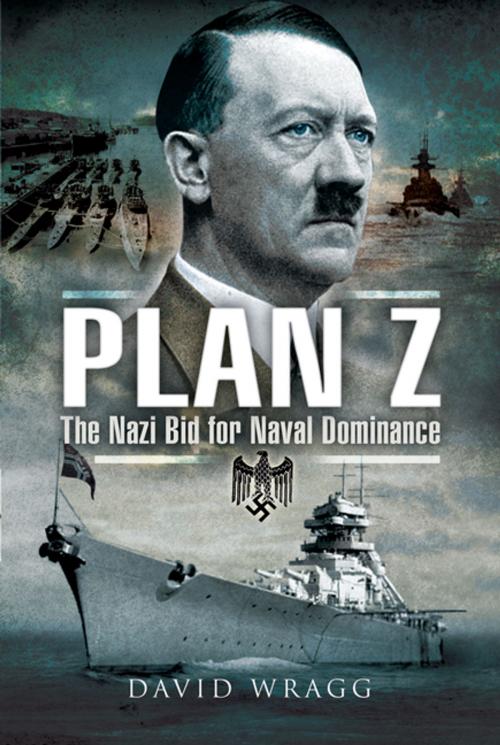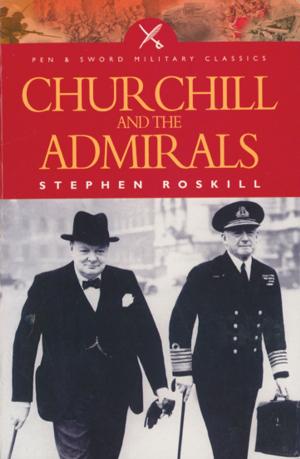| Author: | David Wragg | ISBN: | 9781844685400 |
| Publisher: | Pen and Sword | Publication: | September 22, 2008 |
| Imprint: | Pen and Sword | Language: | English |
| Author: | David Wragg |
| ISBN: | 9781844685400 |
| Publisher: | Pen and Sword |
| Publication: | September 22, 2008 |
| Imprint: | Pen and Sword |
| Language: | English |
Except for the strength of the U-boat fleet at the height of the Battle of the Atlantic, the German Navy, or Kriegsmarine, was never a match for the Royal Navy, even though the latter was overstretched and fighting in the Atlantic, Pacific, the Mediterranean and the Arctic. It was not meant to be that way. Hitler and his naval staff had a vision for a large and well-balanced fleet, including aircraft carriers.
PLAN Z was the name given for the massive fleet that Germany intended to build, However the Plan relied on the outbreak of the war not occurring at least until 1942. This book examines the way in which such a fleet could have influenced the major battles between the Royal Navy and the Germans.
Plan Z starts by looking at Germany’s history and ambitions as a maritime power. The relationships between the three armed forces and between them and the Fuhrer are also examined, along with the country’s economic and industrial position.
Thanks to the author’s detailed research, PLAN Z considers whether the Nazis’ ambitions could ever have been realized even if the war had been delayed due to the resource and manpower limitations. It also considers what the Royal Navy’s response could have been.
Except for the strength of the U-boat fleet at the height of the Battle of the Atlantic, the German Navy, or Kriegsmarine, was never a match for the Royal Navy, even though the latter was overstretched and fighting in the Atlantic, Pacific, the Mediterranean and the Arctic. It was not meant to be that way. Hitler and his naval staff had a vision for a large and well-balanced fleet, including aircraft carriers.
PLAN Z was the name given for the massive fleet that Germany intended to build, However the Plan relied on the outbreak of the war not occurring at least until 1942. This book examines the way in which such a fleet could have influenced the major battles between the Royal Navy and the Germans.
Plan Z starts by looking at Germany’s history and ambitions as a maritime power. The relationships between the three armed forces and between them and the Fuhrer are also examined, along with the country’s economic and industrial position.
Thanks to the author’s detailed research, PLAN Z considers whether the Nazis’ ambitions could ever have been realized even if the war had been delayed due to the resource and manpower limitations. It also considers what the Royal Navy’s response could have been.















